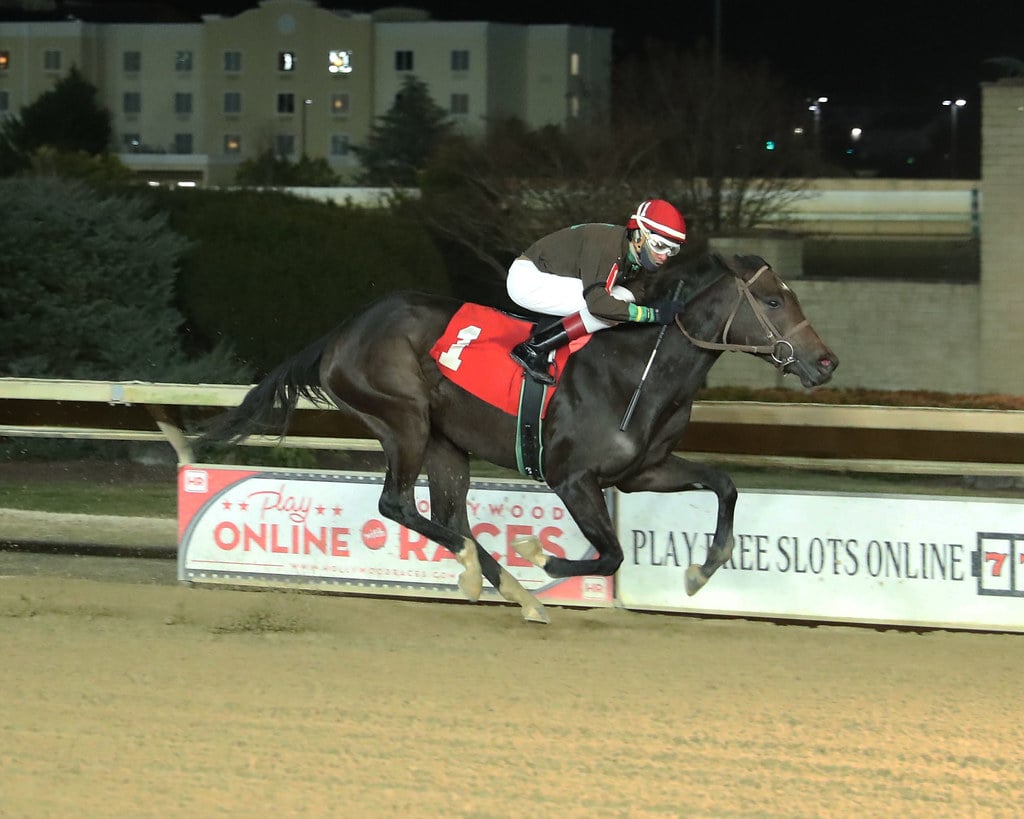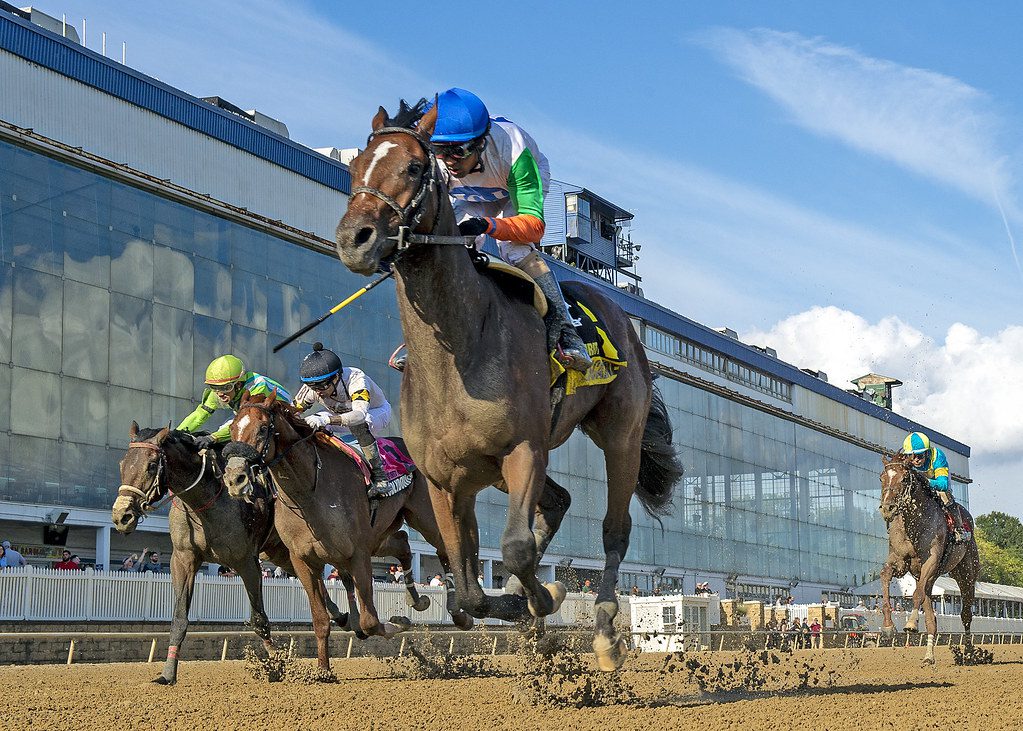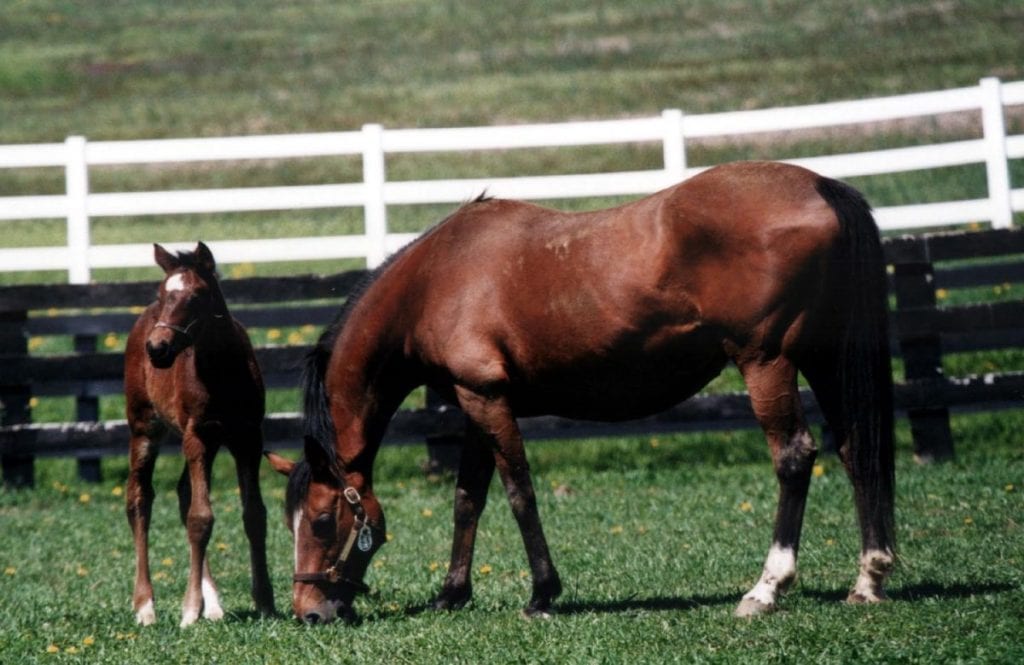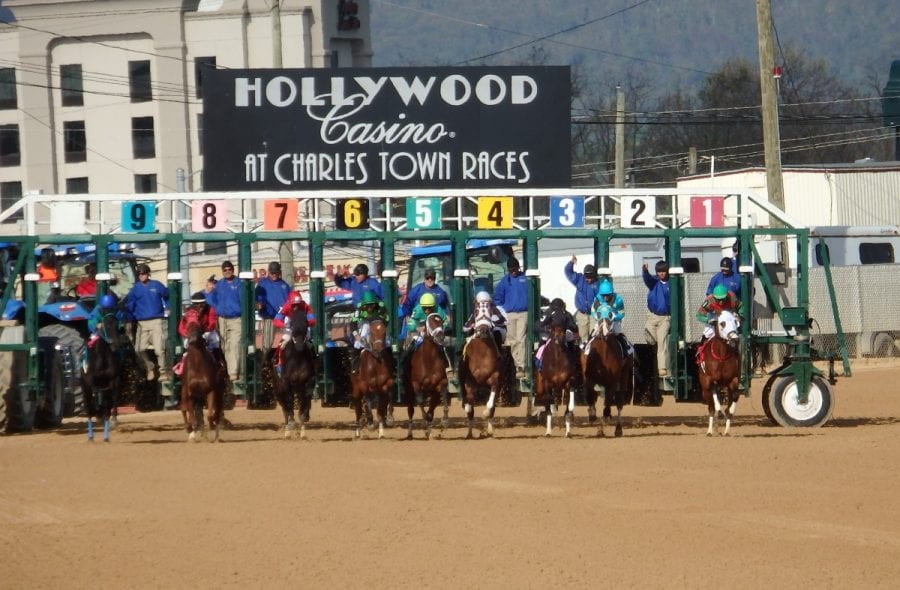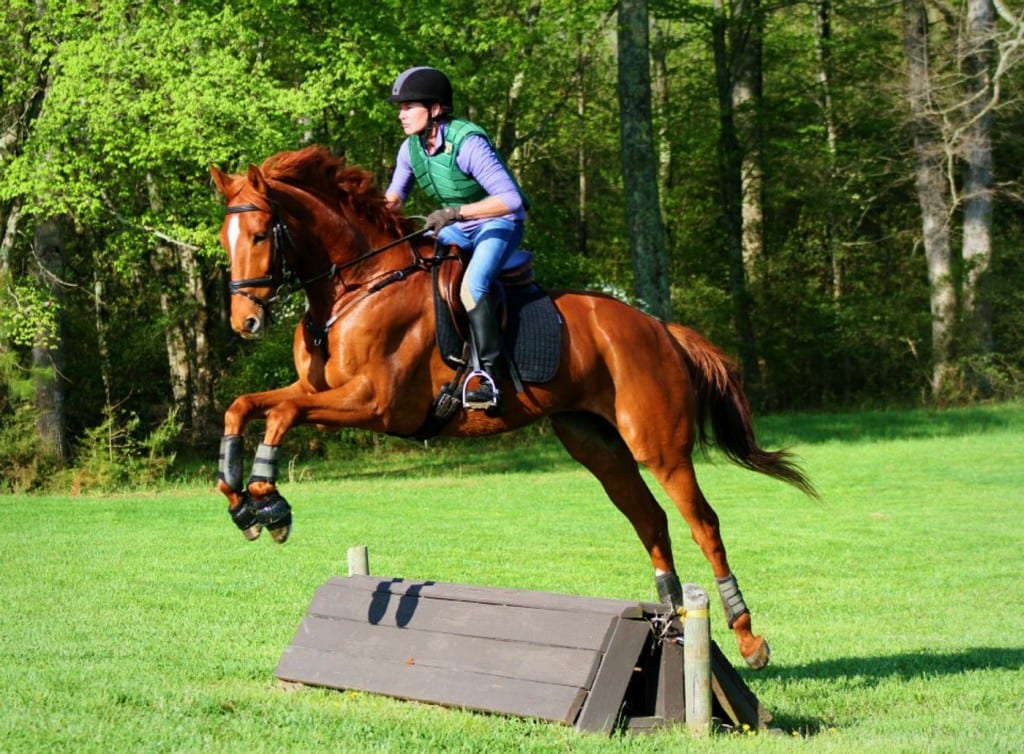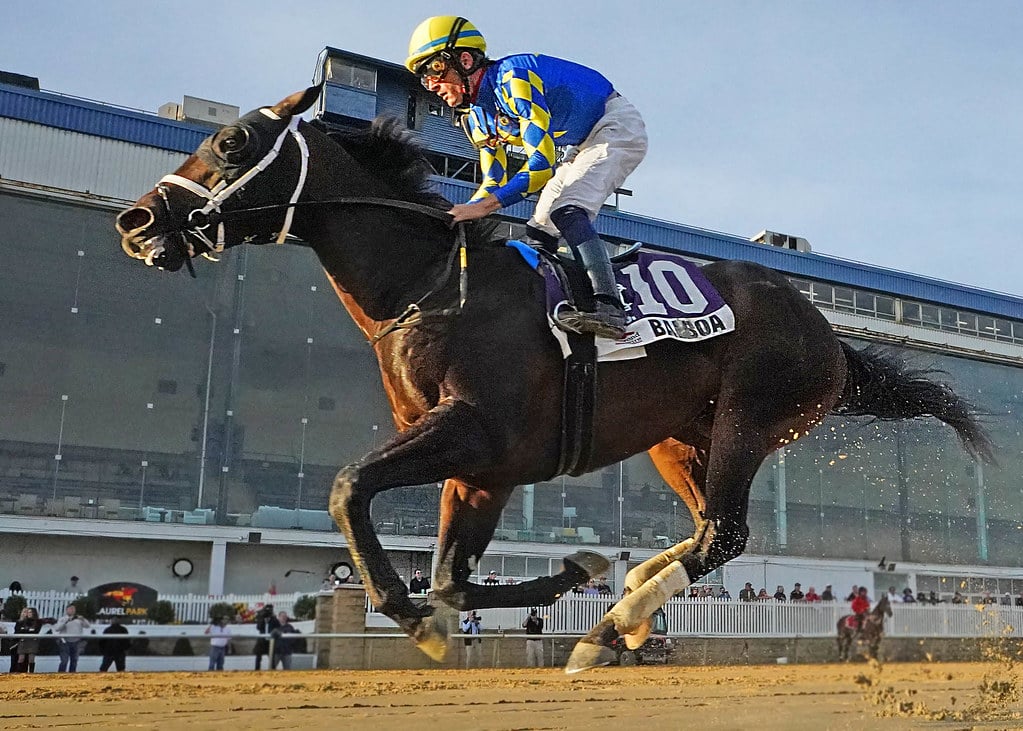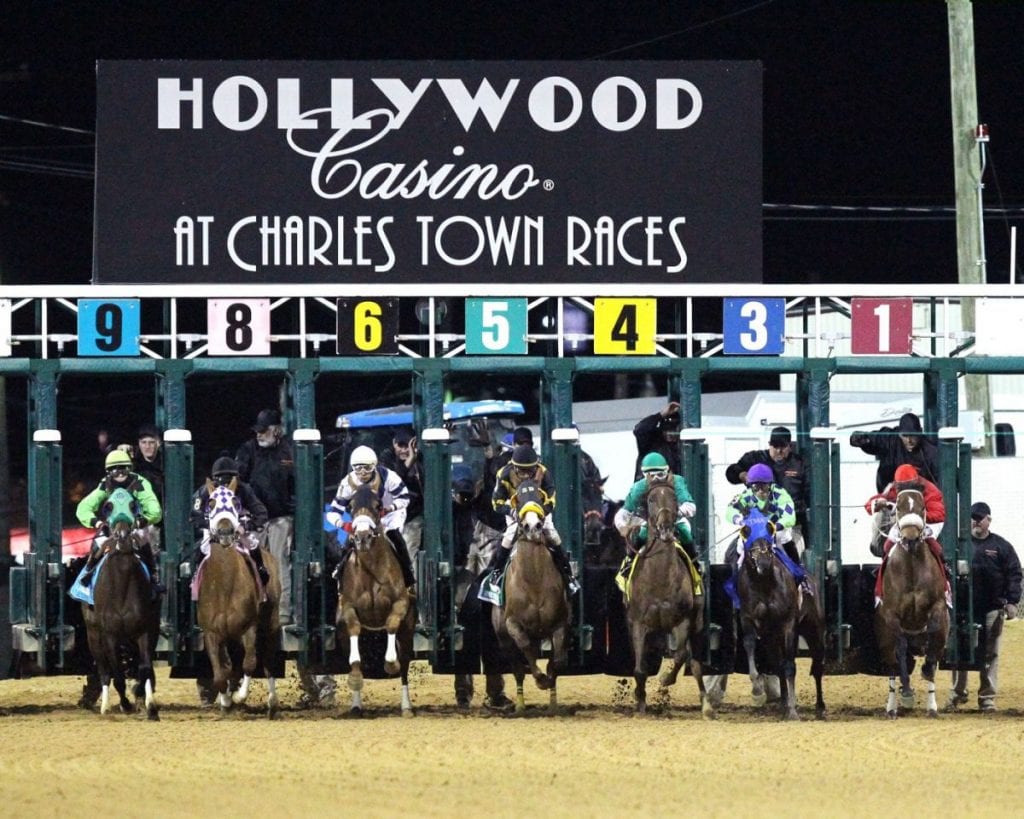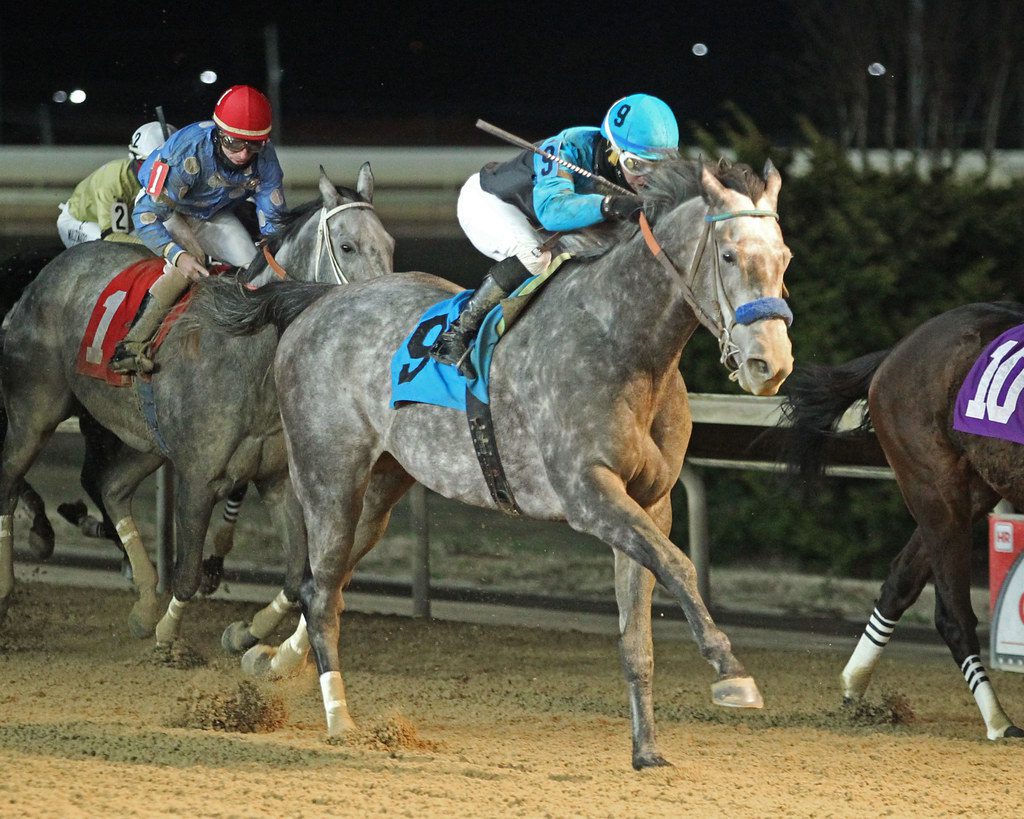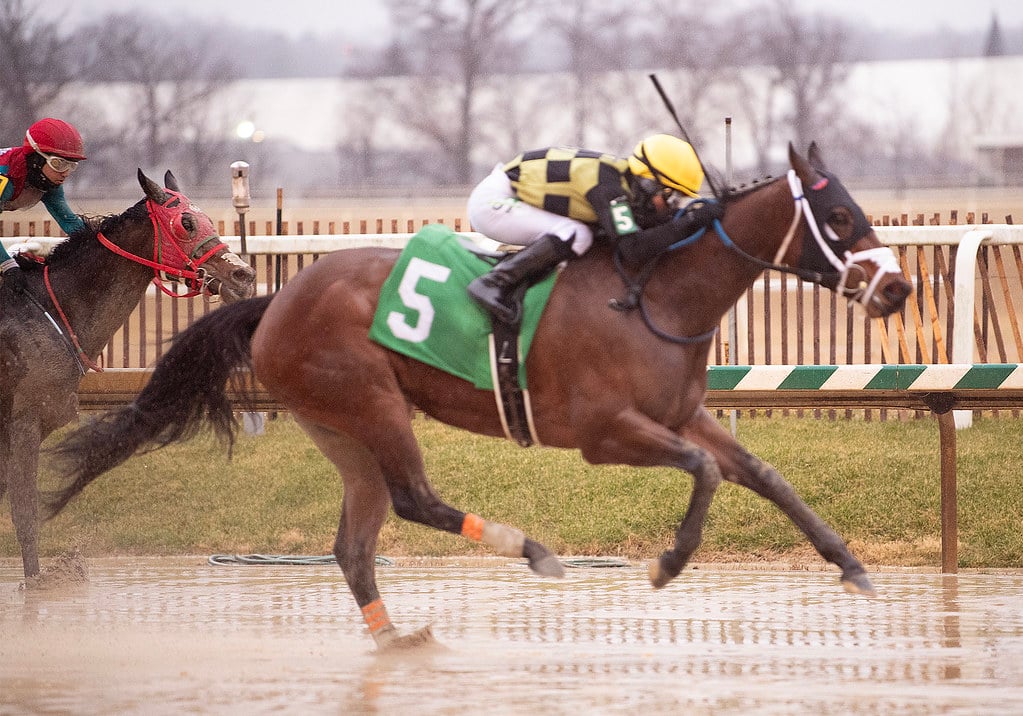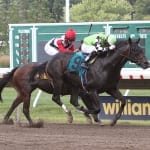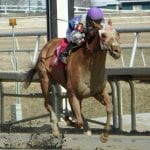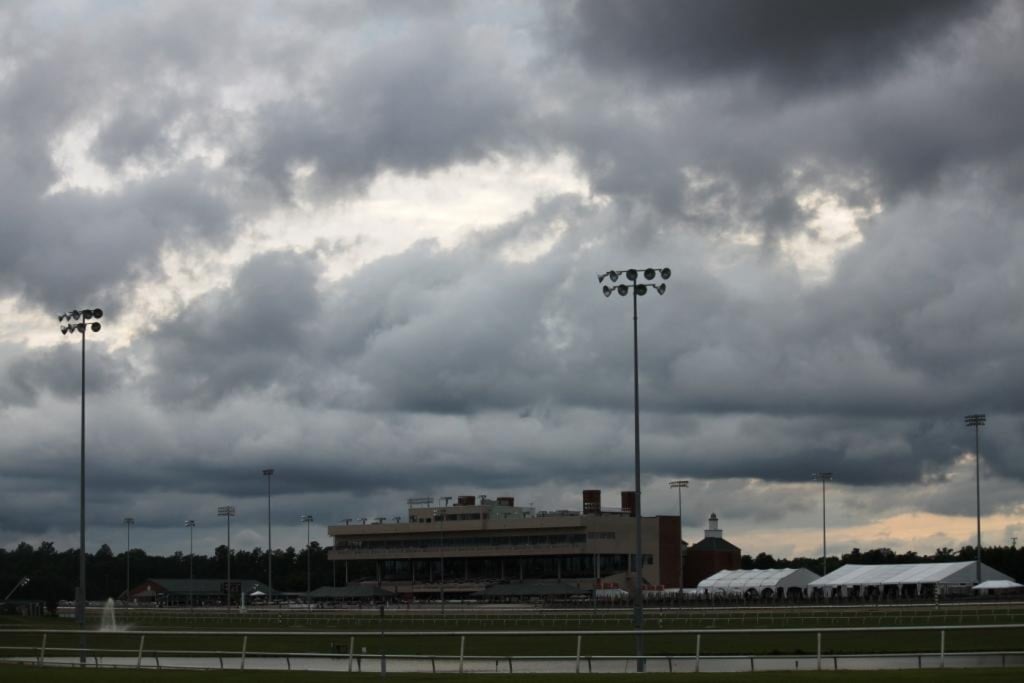
by Nick Hahn
On both sides of the Potomac River, racing appears to be headed into a period of great transition. The only way forward will be change.
Over a record-breaking Preakness weekend in Baltimore, Maryland racing officials weren’t coy that racing in the Free State may look much different in several years. How that impacts Virginia remains to be seen, of course, but one possibility could see the Stronach Group, which owns Maryland’s two major tracks, playing a growing role in the Commonwealth.
And much of the change could be sooner, rather than later.
Tim Ritvo, chief operating officer of the Stronach Group, told the Maryland Racing Commission earlier this week that he expects to request to move some of the dates the company had planned to run in November-December to July — a month that, under a long-term agreement set to expire this year, had been under the control of Jeff Jacobs, owner of Colonial Downs. Ritvo said that he had received oral assurance from Jacobs that his company would not oppose such a move.
Is that the start of something?
“Stronach’s people have talked to the VRC about making Virginia part of their circuit,” said J. Sargeant Reynolds, Jr., the chairman of Virginia Racing Commission (VRC). “Members of the Stronach organization have talked to Colonial Downs about either a lease or sale. Discussions are getting ready to commence, but it’s in the early stages.”
At Colonial Downs, the facility has been mothballed except when it comes to maintaining its supernatural turf course. Flat racing hasn’t occurred since War Dancer won the Virginia Derby in July of 2013, and the current staff counts less than ten.
A discussion between Virginia horsemen and the Maryland Jockey Club about running Virginia races at Laurel, as occurred last September, morphed into a conversation about leasing Colonial for racing this summer. Virginia horsemen have made a couple of runs to lease directly from Colonial Downs, but as recent history shows, the two sides haven’t work well together. So Maryland Jockey Club officials took interest and toured the facility several weeks ago.
“We talked to Mr Jacobs,” said Ritvo. “There’s continued talks. I would say that they’re informal right now. It’s just a lot of talking going back and forth. We want to keep the lines of communication open.”
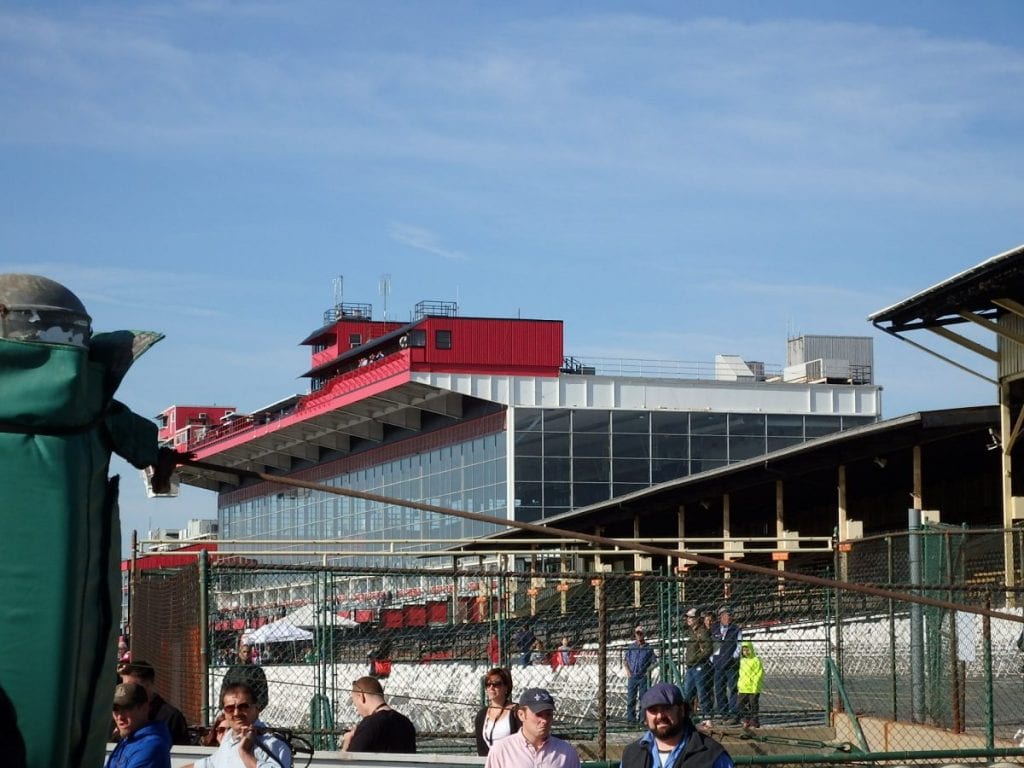
Virginia could re-emerge as portion of the Maryland’s equation, and Maryland could become portion of the Virginia’s equation, a major portion.
“Everything is on the table,” Ritvo said, when asked about the possibility of purchasing Colonial Downs. “We’re a racing company, we hire racing guys. We’re a company that’s growth – we believe in growth, not just cannibalizing what we have. So, yeah, we’re open to everything. It’s a far reach, but you never know. It’s something we’ll be looking at.”
At the same time, there seems to be gathering momentum to make flat racing happen on the many racing grounds in northern Virginia, with its rich history of breeding and steeplechase racing. The recent Virginia Gold Cup held on Kentucky Derby Day at Great Meadow drew in excess of 70,000 fans.
“There’s synergy to make something happen with a more country or festival type of racing circuit,” said Reynolds who nevertheless remains quick not to rule out racing in New Kent. “I think everybody would still like to have something at Colonial Downs.”
The Virginia Racing Commission meeting held prior to the Preakness on May 12th ended quickly but not before several workshop meetings were scheduled prior to the commission’s next regular meeting slated for July 1, the day a new Virginia law goes into effect reallocating the distribution of advance deposit wagering fees in ways that benefit the state’s horsemen.
The Commission is also hopeful that the Department of Agriculture will participate in a study to look at the economics of horse racing, narrowing the focus to racing. While a number of statewide studies have been performed on the impact of the horse industry broadly in Virginia, there has been very little study in the last two decades of the impact of the Thoroughbred industry itself, and racing has changed plenty over that time. Last year, the purview over the racing industry was moved to the Commonwealth’s Department Agriculture from the Department of Commerce.
Meanwhile, in Maryland, the Stronach Group has plenty of balls in play — including the location and timing of the Preakness itself.
“Frank (Stronach) really wants to do something in Maryland, something grand,” said Maryland Jockey Club vice-president and general manager Sal Sinatra a few hours before the Preakness. “He’s done Santa Anita. He’s done Gulfstream. He’s focused on Maryland.”
Sinatra considers Pimlico more of a rebuild and Laurel Park more of a renovation when considering where to invest. According to Sinatra, Laurel is in the lead, although he said it’s not what he personally wants.
“My goal is to try not to let that happen,” admitted Sinatra. “My real goal is to get this business back from zero and into the positive. If I can do that without disrupting Pimlico/Laurel, that’s my wish. The establishment as a racing guy is that Pimlico and the Preakness stays here. If I can’t do that, we need to pick something that will change.”
The notion of closing Pimlico for good — floated by the company in the weeks leading up to the Preakness — is a decision with many dimensions, however, and not just a purely financial one. For one thing, a nearly-30-year-old state law requires that the Preakness take place at Pimlico and not at any other track in Maryland. For another, because the racing industry is dependent to a not insignificant extent on state subsidies via slot machines, any decision the company makes must take into account the political landscape. Any disruption to the flow of slot machine revenues in the short term could be disastrous to the racing and breeding renaissance that many believe is at hand.
Sinatra expects the path to become better defined in the months after the Pimlico meet concludes and the company finalizes its capital plans for the years to come.
Laurel? Pimlico? Or both?
Colonial Downs? Northern Virginia? Or both?
In both Maryland and Virginia, there are plenty of open questions and, as of yet, few clear answers.
But there is one thing you can bank on: change, in one form or another, is coming to the mid-Atlantic horse racing industry.
[author] [author_image timthumb=’on’]http://www.theracingbiz.com/wp-content/uploads/2013/12/nickhahn.jpg[/author_image] [author_info]Nick Hahn has been covering Virginia racing since before there was a racetrack. His “Off to the Races” radio show is a must-listen, and his “Nick’s Picks” tip sheet is a shortcut to wagering profits at Colonial Downs.[/author_info] [/author]


